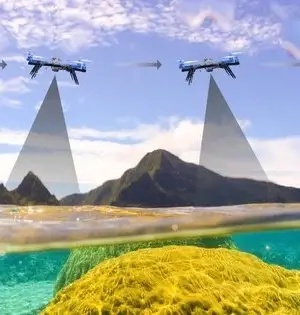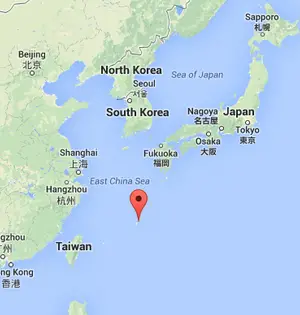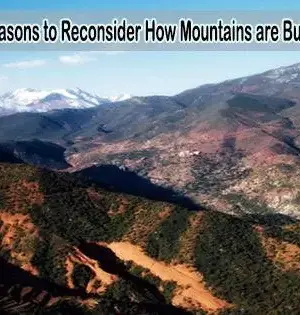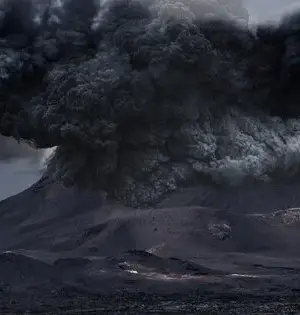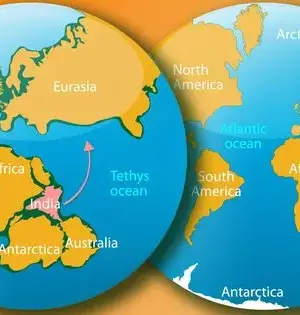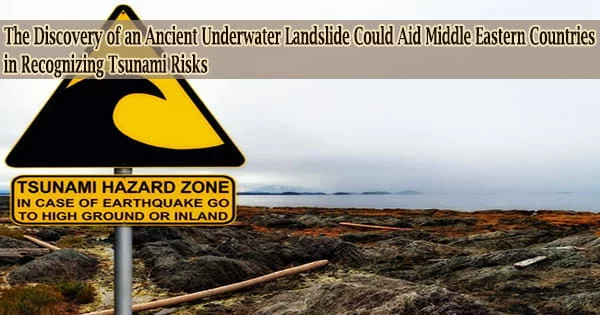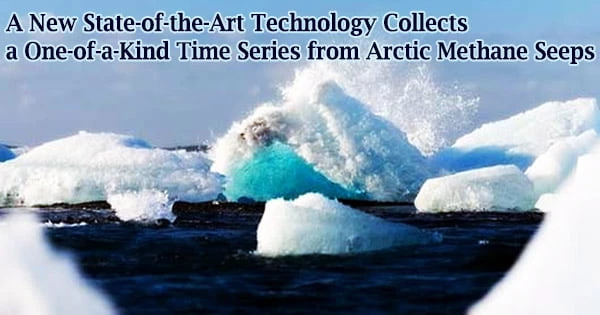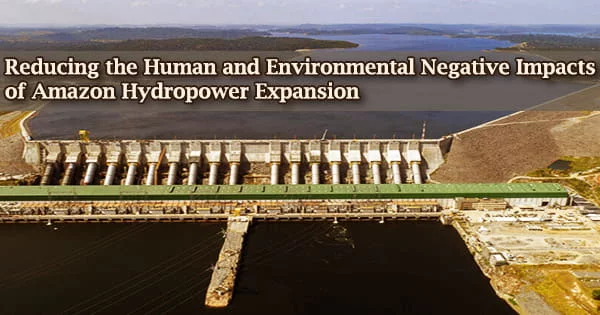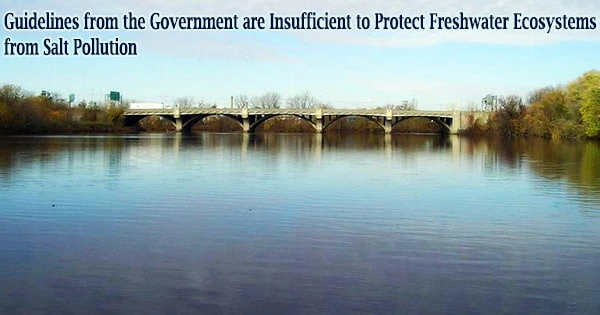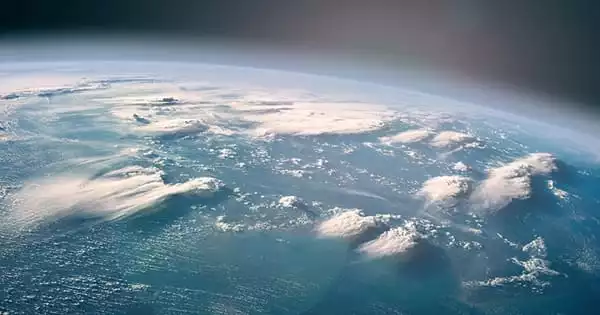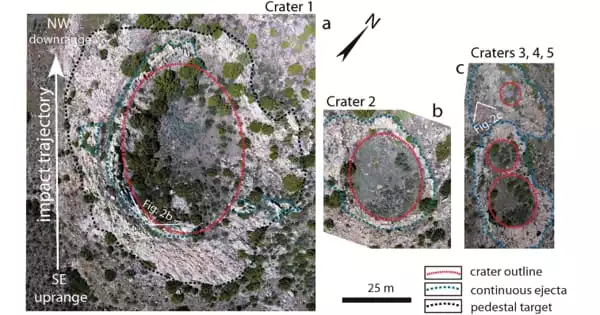Evidence of an ancient underwater landslide and associated tsunami has been discovered in the Gulf of Aqaba, a subsidiary of the Red Sea, by an earth scientist from the University of Miami Rosenstiel School of Marine and Atmospheric Science, which should serve as a warning to many Middle Eastern countries. Professor and chair of the Department of Marine Geosciences, Sam Purkis, spent four weeks in the region aboard the OceanXplorer research vessel. Purkis saw a striking breach in the seafloor while climbing from 3,000 feet during a submersible dive with a colleague. It was an unexpected find, but not out
Geography
A new paper published in Ocean Science connects cutting-edge technology with advances in our understanding of the environment and climate, highlighting and constraining uncertainty in current methane estimates from Arctic methane seep locations. The K-Lander, an innovative ocean observatory equipped with several ocean sensors built in collaboration between the water column group at CAGE led by Bénédicte Ferré and Kongsberg Maritime, is at the forefront of ocean observatory technologies. This observatory was built to track methane release from the seabed to the water column in extreme conditions, giving crucial data on the temporal and spatial variability of natural methane emission
According to new research published in Nature Energy by Carnegie's Department of Global Ecology's Lei Duan and Ken Caldeira, nuclear power generation can play a critical role in helping the world achieve a key goal of zero carbon emissions by the middle of the century, especially in countries with limited wind resources. Human activity is releasing carbon pollution into the atmosphere, which is disrupting the global carbon cycle and causing global warming, as well as changing precipitation patterns. According to the Intergovernmental Panel on Climate Change, humanity must aim to limit global mean temperature increases below 1.5 degrees Celsius compared
Rapid electrical dam construction in the Amazon is putting the world's largest and most biodiverse river basin in jeopardy. In the Amazon River basin, there are 158 dams, with 351 more proposed; these projects are normally examined individually, with minimal coordination. The first computational approach for analyzing basin-level tradeoffs between hydropower and ecological services is published today in Science, with the goal of guiding sustainable dam placement. Coauthor Stephen Hamilton, an ecosystem ecologist at Cary Institute of Ecosystem Studies explains, “Continued hydropower development in the Amazon is inevitable. So how can that proceed in a way that optimizes energy output
Guidelines from the Government are Insufficient to Protect Freshwater Ecosystems from Salt Pollution
According to an international study led by Rensselaer Polytechnic Institute experts, current water quality guidelines aren't safeguarding freshwater habitats from growing salt contamination caused by road de-icing salts, agriculture fertilizers, and mining operations. The study, which was published in the Proceedings of the National Academy of Sciences (PNAS) today (February 21, 2022), shows that freshwater salinization causes a massive loss of zooplankton and an increase in algae even when levels are below the lowest thresholds established in Canada, the United States, and Europe. “It's clear that salt pollution in freshwater lakes, streams, and wetlands, even when constrained to levels specifically
The emergence of heritable and evolvable self-reproduction is synonymous with the origin of life. The mechanisms of primordial heredity, however, differed from those of modern cells. The origin of life is without a doubt one of humanity's most intriguing and fundamental questions. Several scenarios, biochemical mechanisms, and paleoenvironmental conditions have been proposed to explain the origin of life, necessitating an interdisciplinary approach to comprehending such a singular event. A Rutgers-led team has discovered the structures of proteins that may be responsible for the origins of life in the primordial soup of ancient Earth, answering one of biology's most profoundly unanswered
Impact cratering is the excavation of a planet's surface caused by a meteoroid strike. Impacts are instantaneous occurrences. They leave very distinct features. Craters are roughly circular excavated holes caused by impacts. The circular shape is caused by material flying out in all directions as a result of the explosion upon impact, not by the impactor itself having a circular shape (almost no impactors are spherical). Craters are the most common surface features on many solid planets and moons, including Mercury and our own Moon. Several dozen small impact craters, ranging in size from 10-70 meters, have been discovered in
